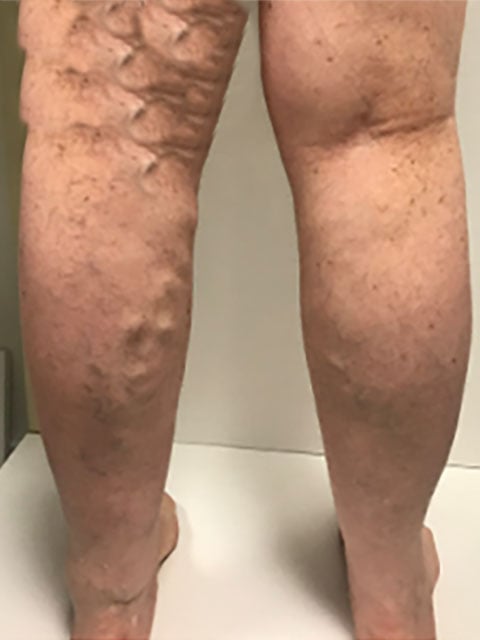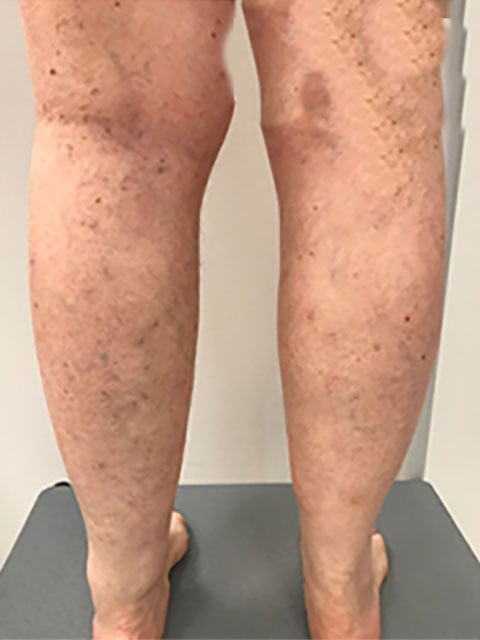Trans Aortic Valve Replacement (TAVR)
What is Trans Aortic Valve Replacement?
Trans Aortic Valve Replacement (TAVR), also known as transcatheter aortic valve replacement, is a minimally invasive procedure used to treat aortic valve stenosis—a serious condition in which the aortic valve narrows and restricts blood flow from the heart to the rest of the body. This condition can lead to symptoms such as chest pain, fatigue, shortness of breath, and even heart failure if left untreated.
Unlike traditional open-heart valve replacement surgery, TAVR does not require opening the chest or cutting through the breastbone. Instead, a collapsible artificial valve is inserted through a catheter—usually via the femoral artery in the leg or, in some cases, through a small incision in the chest—and guided into place within the diseased aortic valve. Once deployed, the new valve takes over the function of regulating blood flow, offering immediate symptom relief and improved heart performance.
TAVR is particularly beneficial for patients considered high-risk or unsuitable for open-heart surgery, offering shorter recovery times, reduced procedural risks, and a significant improvement in quality of life.
Risks & Benefits of TAVR
Trans Aortic Valve Replacement (TAVR) is a medical breakthrough that offers hope to individuals suffering from aortic valve stenosis. As with any medical procedure, TAVR comes with benefits and risks. It's important to understand that the benefits of TAVR often outweigh the associated risks for many patients, making it a compelling treatment option.
Benefits of TAVR
- Life-Changing Improvement
For individuals living with severe aortic valve stenosis, the symptoms can be debilitating and significantly impact their quality of life. TAVR provides the chance for a remarkable transformation, offering relief from symptoms like fatigue, chest pain, and shortness of breath. - Less Invasive Approach
TAVR is a minimally invasive procedure compared to traditional open-heart surgery. The smaller incision required for TAVR reduces trauma to the chest, results in less pain, and speeds up recovery. Patients can often leave the hospital sooner and return to their daily activities more quickly. - Expanded Eligibility
TAVR is particularly beneficial for individuals who may not be suitable candidates for open-heart surgery due to age or other health issues. It extends the treatment option to a broader range of patients who might otherwise face limited choices. - Reduced Surgical Risks
TAVR carries lower surgical risks compared to traditional surgery, making it an attractive choice for those at higher surgical risk. This consideration is especially crucial for older individuals and those with multiple medical conditions. - Enhanced Quality of Life
TAVR enables patients to regain an active and fulfilling life by restoring proper valve function and alleviating symptoms. Enjoying everyday activities without the constraints of aortic valve stenosis can be a life-changing experience.
Risks of TAVR
- Vascular Complications
The insertion of catheters into blood vessels can sometimes lead to bleeding, damage to blood vessels, or the formation of blood clots. - Stroke
The manipulation of catheters and the positioning of the new valve can carry a small risk of causing a stroke. - Valve Leak
While uncommon, a new valve may not fit perfectly, leading to a leak around the valve. This can sometimes require additional procedures to address. - Heart Rhythm Irregularities
TAVR can occasionally cause heart rhythm abnormalities, requiring additional treatment. - Infection
As with any surgical procedure, there is a risk of infection at the incision site. - Kidney Issues
Some patients may experience kidney problems due to the contrast dye used during the procedure.
What to Expect Before, During, and After Trans Aortic Valve Replacement
Transcatheter aortic valve replacement (TAVR) tests are done to visualize your anatomy and determine candidacy. A cardiothoracic surgeon and Interventional Cardiologist will assess your case. The procedure takes 1-2 hours. You are awake but sedated. The artificial valve is guided to your heart via a catheter through an artery and deployed within the diseased native valve. You will be monitored in the hospital for 2-5 days. Your valve function will be checked. Discharge instructions will cover medication and lifestyle needs.
The recovery time for TAVR is faster than open-heart surgery. You should be able to resume normal activity within a week or two. Most patients experience significantly improved heart function and relief of symptoms. Here are some additional things to keep in mind:
- You will be monitored for bleeding, infection, and other complications and may be prescribed antibiotics to prevent infection.
- You may need to take blood thinners to prevent blood clots.
- You will gradually resume your normal activities over the next few weeks.
- You should be able to return to work and other activities within a few weeks or months.
Am I a Candidate for Trans Aortic Valve Replacement?
Transcatheter aortic valve replacement (TAVR) is a safe and effective option for many patients, but only some are good candidates for the procedure. If you are unsure whether you are a candidate for TAVR, talk to your cardiovascular specialist. They can help you assess your eligibility and discuss the risks and benefits of the procedure with you. Here are some factors that may affect your eligibility for TAVR:
- Severity of aortic valve stenosis
TAVR is typically recommended for patients with severe aortic valve stenosis who have symptoms such as chest pain, shortness of breath, or fatigue. - Age and overall health
TAVR is often considered for older adults who may not be good candidates for open-heart surgery due to age or other health conditions. However, age is one of many factors considered when determining TAVR eligibility. Your overall health and medical history will also be taken into account. - Surgical risk
TAVR may be a better option for patients at high risk for complications from open-heart surgery. Your doctor will assess your surgical risk based on factors such as your age, other health conditions, and the results of your medical tests. - Anatomy of the aorta and heart
The anatomy of your aorta and heart will be evaluated to ensure that TAVR can be performed safely and effectively. This assessment may involve imaging tests such as an echocardiogram or CT scan. - Lifestyle and preferences
Your lifestyle, activity level, and personal preferences will also be considered when determining your eligibility for TAVR. It is essential to talk with your doctor about your goals and expectations.
Photo Gallery
Video Gallery
Test A Patient Centered Approach to Improving Cardiovascular Care with Dr. Dustin Hill
Test Exploring Dr. Jorge A. Cusco's Approach to Noninvasive Cardiovascular Medicine
Testimonials
Test Dr. Einhorn is one of the people you would want on your team when it comes to heart health.
Dr. Einhorn is one of the people you would want on your team when it comes to heart health. He is very caring and his patients, including me, love his friendly, patient bedside manner when you visit his office. I would highly recommend him to friends and family.
Test I owe my life to Dr. Bello and Dr. Einhorn.
I owe my life to Drs. Bello and Einhorn. I found them both to be leaders in their specialties and way ahead of their other colleagues. I have always been treated with the utmost respect and care. They both provided their personal cell phone numbers to me, if needed 24/7. Don’t know many doctors who provide that personal touch. I found their support staff exceptional. From the receptionist to nurses, PA’s, and end person upon leaving, all show care and concern for every patient. Highly recommended.
Test I am very happy I chose Dr. Kolli as my Cardiology Specialist.
Dr. Kolli showed a genuine interest in my well-being and I and my spouse were impressed with her knowledge and concern. I am very happy that I have chosen her as my Cardiology Specialist.
Test Dr. Filart is among the most outstanding doctors that I have encountered.
Dr. Filart is among the most outstanding doctors that I have encountered. Having been a patient for over ten years, I can tell that he is admired by his peers, staff, and patients. Due to his expertise and compassion, he is always in great demand. Consequently, there are times when his time is spread thin; however, when he is attending to you, it is with his entire focus. I wouldn't trade him for the world.
Test Dr. Shroff is the kindest and most compassionate doctor I've ever had the pleasure to call "My Cardiologist".
Dr. Shroff is the kindest and most compassionate doctor I've ever had the pleasure to call "My Cardiologist". He sincerely takes patients with a single objective of helping extend their quality of life.
Test Dr. Steiner was fantastic!
He encountered much more than expected in a 53-year-old during my cardiac cath procedure. He saved my life. My family and I are forever grateful.
Test Dr. Steiner is caring, and attentive, has a great bedside manner, and is extremely intelligent.
Dr. Steiner is caring, and attentive, has a great bedside manner, and is extremely intelligent. I've been in his care since 2003 and am very confident about the care I receive from him.
Photo Gallery
Take Control of Your Heart Valve Condition with TAVR
Get To Know Our Cardiologists

 Fax Us: 954-678-9533
Fax Us: 954-678-9533


